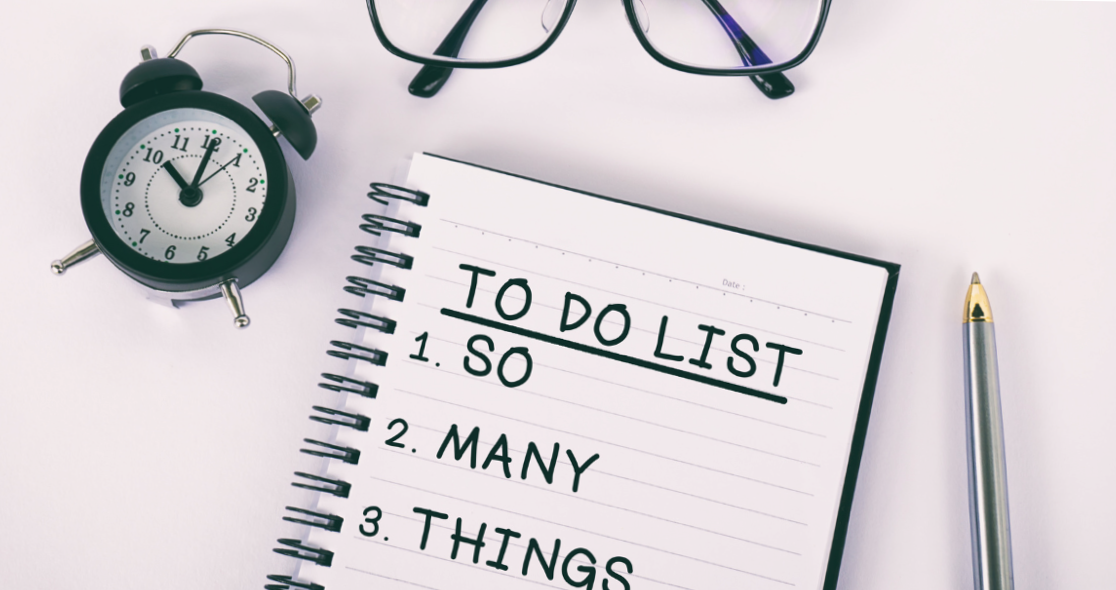Slowing Down as Seasons Change
As summer winds down, you might feel a mix of warm memories, maybe a few regrets, and that creeping pressure to make the most of what’s left.
You might hear an inner voice saying: “Time’s running out, better get more done.”
This pressure to be productive before summer ends isn’t just about work. It can show up in your personal life, too, packing your calendar with social events, rushing to finish home projects, or chasing personal goals you’ve been putting off.
While productivity can be rewarding, that end-of-season push can leave you stressed, guilty, and disconnected from the present moment. This is a chance to take a breath, notice what’s really driving that urgency, and choose a different way to transition into autumn.
Why the End of Summer Feels Like a Deadline
The change in seasons can feel like a natural “time marker.” The end of summer is a cultural milestone, linked to school starting, work rhythms shifting, and the days growing shorter.
Three things can make this feel like a deadline:
Cultural Messaging – We’re told summer is for making memories, achieving personal goals, and living fully. If you didn’t hit those marks, it can feel like you’ve “wasted” the season.
Social Comparison – Scrolling through other people’s summer highlights can make you feel like you missed out or didn’t do enough.
Internalized Productivity Norms – Many of us were taught to measure our worth by our output. When summer ends, it’s like we’re grading ourselves on what we “got done.”
The Mental and Emotional Impact
That “last push” feeling can cause:
Restlessness and difficulty relaxing
Guilt for taking downtime
Overcommitment and eventual burnout
Feeling disconnected from activities you’re doing just to “check them off”
Sometimes, this ties back to perfectionism or a fear of missing out. Understanding these patterns is the first step to loosening their grip.
Reframing “Productivity” as the Season Changes
Here are some ways to shift your mindset and approach this transition with more ease:
1. Redefine What Counts as Productive
Permit yourself to count rest, connection, and reflection as valuable uses of time. A quiet afternoon spent reading, a walk with a friend, or simply watching the sunset can be just as “productive” as crossing something off your list.
2. Turn the Season’s End into Reflection, Not Judgment
Instead of reviewing summer like a report card, try asking:
What moments felt good?
What did I learn about myself?
What do I want to carry into autumn?
3. Create a Gentle Transition Ritual
Mark the end of the season with something intentional, a last swim, a favorite meal, a photo walk, so it feels like closure, not a scramble.
4. Take Breaks from Comparison
If social media is making you feel behind, take a seasonal pause. Use that time for activities that help you feel grounded in your own life, not someone else’s highlight reel.
5. Stay Present
When your mind drifts to “how little time is left,” come back to what you can feel, see, hear, and smell right now. This is the moment you actually get to live in.
Putting This into Practice
Notice the Urge – The next time you feel pressured to squeeze in more, pause and ask: “Is this something I truly want, or am I doing it to feel ‘caught up’?”
Choose Intentionally – If it’s not aligned with your values or joy, let it go.
Schedule Space – Block off time in your calendar for unstructured rest. Treat it like a commitment to yourself.
Celebrate Small Wins – Acknowledge the moments you did enjoy this summer, no matter how simple they were.
The end of summer doesn’t have to be a productivity sprint. It can be a handoff from one season to the next, a chance to slow down, reflect, and be present for what’s here now.
You don’t need to prove your worth through your to-do list before the leaves start to fall. The most meaningful way to end a season is by living it fully in the moment you’re in.

